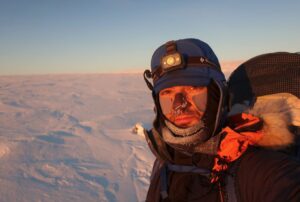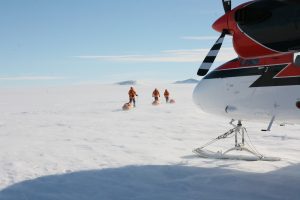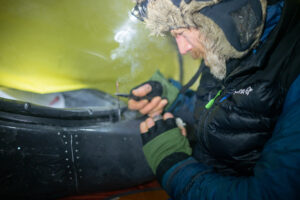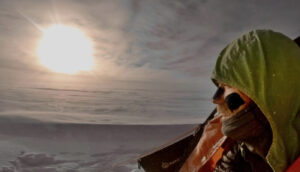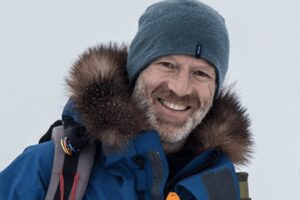Health problems — compounded with the predictably difficult rowing conditions — forced Fiann Paul, Mike Matson, Jamie Douglas Hamilton, Lisa Farthofer, Stefan Ivanov and Brian Krauskopf to abort the 1,500km Antarctic row they began last week.
On January 11, the veteran six-person team, led by Paul, set out to row from the tip of the Antarctic Peninsula, past Elephant Island, to South Georgia. They wanted to retrace the 1915 voyage of Ernest Shackleton and his crew from Elephant Island to South Georgia. They also wanted to become the first crew to row the Scotia Sea, the first to row the Southern Ocean from south to north, and the first to row from the Antarctic continent.
But problems rose even before the journey even began. The experienced Hamilton had undergone heart surgery recently, then suffered from a lung infection, and was not at peak fitness. Then Farhofer injured herself, affecting how much she could contribute. And almost immediately, Mike Matson had to be evacuated because of extreme seasickness.
Only three healthy rowers
This still left the crew with three injury-free rowers, but it was not enough. To generate enough power against the strong winds, they needed at least two fully fit rowers on each rotation.
So rather than row to the island of South Georgia, they re-routed to Laurie Island, in the South Orkney Islands. This cut their distance from 1,500km to 777km. They concluded their row after six days instead of their planned 18 days.

The route. Image: https://www.rowlaughexplore.com/
One of the biggest difficulties was the 100% humidity. With waves crashing over the boat and no way to dry them, everything was soaking wet. Usually, they paddled in conditions that would be considered a storm in any other body of water. Winds averaged 30-35 knots, and waves towered to nine meters.

The six-person crew before leaving. Photo: Fiann Paul

